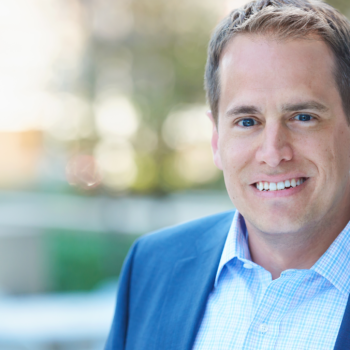Investors crave certainty, especially in markets that seem increasingly unpredictable. Yet, the outcomes of market movements and economic shifts are inherently unknowable in advance, leaving a gap between what we desire—certainty—and what’s realistically achievable. Imagine, though, if investors could somehow know tomorrow’s headlines today—would they be able to make better decisions or outsmart the market? Somewhat surprisingly, the answer isn’t a resounding yes.
Elm Partners Management recently put this theory to the test. In their paper, When a Crystal Ball Isn’t Enough to Make You Rich, Victor Haghani and James White conducted an experiment called ” The Crystal Ball Challenge,” where they showed participants Wall Street Journal front pages from 15 different days (one from each year 2008-2022), with the market price data blacked out. Participants could then place leveraged trades on the S&P 500 and 30-year Treasury bonds based on the news, effectively trading “back in time” since they were seeing the next day’s news before it happened. The chart below shows the distribution of their performance.
Distribution of Player Outcomes
Average Return: 3.2%
Despite having advanced knowledge of major news events, most participants—many with financial backgrounds—achieved only minimal gains, with an average return of just 3.2%. That’s quite underwhelming. Players predicted the correct direction of stocks and bonds on only 51.5% of their trades, with about half of them losing money. Many participants misjudged trade size and leveraged excessively, underscoring the difficulty of accurately predicting how markets react to news.
Timing the market, even with a glimpse of tomorrow’s headlines, can be especially challenging in volatile periods. I conducted a mini-experiment where I went back and pulled day-ahead headlines during the onset of Covid and tried to guess the market direction. (I swear I didn’t peek at historical results).
It’s March 11th, 2020. I see a WSJ headline from March 12th: “Coronavirus Forces New Travel Curbs, Bans on Large Gatherings.” Hmm…seems like an ominous story. Sell. (Market goes down 9.5% that day)
On March 12th, I see the following WSJ headlines for March 13th: “Trump Declares National Emergency to Confront Coronavirus” and “Central Banks Struggle to Confront Threats to Markets, Economies.” This can’t be good. Sell again. (Market up +9.3% that day)
It’s Friday, March 13th and I’m curious about Monday’s WSJ headline: “Fed Deploys its Full Arsenal, but It Still Has Some Tools.” It sounds like the monetary cavalry has arrived! Buy! (Market down 12% that day)
Yeah, not good.
Interestingly, there has been an instance where investors, or should I say hackers, gained early access to news illegally. In 2016, hackers breached the SEC’s EDGAR system (the online platform public companies use to make their public filings). They accessed 157 earnings releases before their public release, making millions from these early insights. Despite a profitable outcome, their trade success rate was only 77%. And yes, they got busted and charged.
Market timing is notoriously difficult for investors because financial markets often react in complex and unpredictable ways, reflecting not just the news itself but how it compares to expectations and broader economic sentiment. Even if an investor were to know tomorrow’s market or economic headlines in advance, attempting to profit from seemingly clear information can lead to losses when timing or trade-sizing goes awry. This unpredictability highlights why investors are better suited to focus on long-term strategies rather than attempting to time the market based on short-term news.



